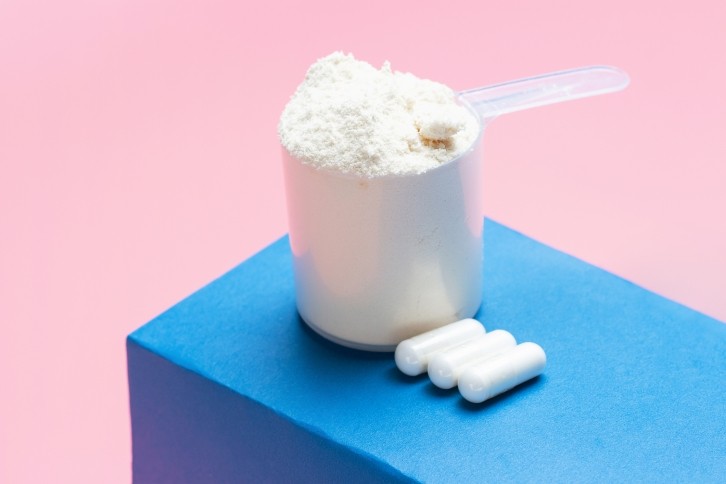Nestlé's milk iron caseinate approved for use in supplements from this month

The EC published the regulation amending Annex II of Directive 2002/46/EC on food supplements to add the Novel Food authorised "milk iron caseinate" as of July 17, 2024.
Until the end date of the data protection – June. 4, 2028 - only the ingredient of the Société des Produits Nestlé S.A., the holder of the NF application, may be used in food supplements, in total diet replacement for weight control and in foods for special medical purposes.
Iron milk caseinate is a white to off-white powder that is highly soluble in water. It is made of a complex of iron, casein, and phosphate, which is produced from iron salts, sodium caseinate, and potassium orthophosphate with a final iron content of 2-4%.
The bioavailability of iron from the NF was investigated in a randomised, controlled crossover trial (Henare et al., 2019) in 21 healthy young women (age range 20–38 years; mean 25.2 5.7) with normal iron status. The study compared iron absorption from the iron–casein complex against iron absorption from ferrous sulfate.
The authors concluded the iron–casein complex has iron bioavailability comparable to that of ferrous sulfate.
The authors stated: “The ideal iron fortificant is highly soluble in water, similar to ferrous sulfate, for the iron to be accessible for intestinal absorption. At the same time, the iron needs to be in a format that prevents it from interacting with dietary compounds that can induce undesirable organoleptic changes and reduce iron bioavailability by formation of insoluble complexes. Both criteria, however, are difficult to meet simultaneously. The high solubility of the iron–casein complex and reduced sensory and color changes when added to beverages (4) suggest the new complex represents a significant technological advancement.
“Our findings suggest that the iron–casein complex offers new possibilities to fortify liquid whole milk and milk products with iron and may address other challenges related to the iron fortification of food.”
The iron issue
Controlling anemia is a global health priority for the World Health Organization (WHO), which aims to cut anemia prevalence in women in half by 2025.
Iron deficiency anemia mainly affects premenopausal and pregnant women, growing children and the elderly, however, it is also increasingly recognized as a complication of multiple diseases associated with lifestyle and dietary patterns, such as obesity, inflammatory bowel disease, colorectal cancer or chronic kidney disease
There are many different types of oral iron supplements available but the most commonly prescribed oral iron is ferrous sulphate. Ferrous iron supplements are effective; however, they have a high frequency of side effects in comparison to ferric iron sources. In fact, up to 60% of people taking oral iron supplements report gastrointestinal side effects.
Common side effects include oxidative stress, stomach pains, constipation, diarrhea, loss of appetite, nausea and dark stools.
This is due to the poor bioavailability and excretory mechanism of iron supplements in the body, leading to a build-up and oxidative reactions. Long-term overdosing of the mineral has even been linked with colon cancer biomarkers.
Its for this reason the European Food Safety Authority (EFSA) has not been able to establish a tolerable upper intake (TUI) level for iron - it has just recently agreed a 'safe level' of 40 mg per day for adults.
In its opinion on the new NF, the EC noted that, since it had not set a tolerable Upper intake Limit (‘UL’), the intake of iron from some foods and food supplements containing the novel food could exceed population guidance levels that have been set by Member States, and that the combined intake of iron from foods and food supplements containing the novel food and the background diet would be high.
It stated: "In light of the Authority’s considerations and of the pivotal role of iron in human physiology, growth and development, particularly in the early stages of life, and the rather fine line between beneficial and adverse health effects of iron depending on intakes, the Commission considers that a precautionary approach is needed."
Use of the ingredient will have to comply with the following requirements: The recommended daily dose may not exceed 700 mg/day (i.e. 14 mg max. of iron) in food supplements intended for adults, and 350 mg/day (i.e. 7 mg max. of iron) in food supplements intended for children over three years of age and adolescents; the labelling must state "Not to be consumed by children under three years of age" and "Not to be consumed if other foods containing iron caseinate and/or other iron-fortified foods are consumed on the same day."












